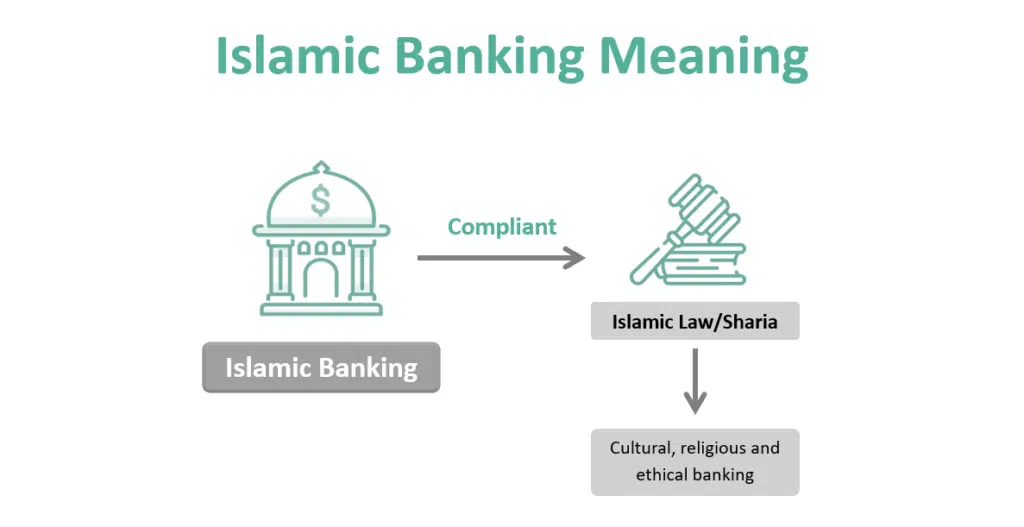Lesson 2: Introduction to Islamic Finance

Definition of Islamic Finance:
Islamic finance refers to the means by which corporations in the Muslim world, including banks and other lending institutions, raise capital according to Sharia, or Islamic law. It also refers to the types of investments that are permissible under this form of law.
Mudarabah is a key concept in Islamic finance, representing a partnership where one party provides the capital, and the other contributes expertise. Profits and losses are shared based on a pre-agreed ratio. This ensures a fair distribution of financial outcomes, fostering collaboration and shared responsibility.
Islamic finance strictly prohibits usury or riba, ensuring that financial transactions are free from exploitative practices. This prohibition is rooted in the Quranic teachings that emphasize fair and ethical means of generating wealth.
Explore Surah Al-Baqarah (2:275) where Allah distinguishes between trade and interest. The verse emphasizes that those who consume interest cannot stand on the Day of Resurrection, highlighting the severity of engaging in exploitative financial practices.
Delve into the ethical considerations of Islamic finance, which go beyond legal compliance. Learn how transactions involving uncertainty (gharar) and gambling (maisir) are discouraged to promote financial stability and justice within the Islamic financial system.
Understand the broader impact of Islamic finance on society. Explore how its emphasis on ethical conduct, fair wealth distribution, and economic justice contributes to overall societal well-being, fostering economic growth and prosperity.